Sport
Dollar
0,0000
%Euro
0,0000
%Gram Gold
0,0000
%Quarter Gold
0,0000
%Silver
0,0000
%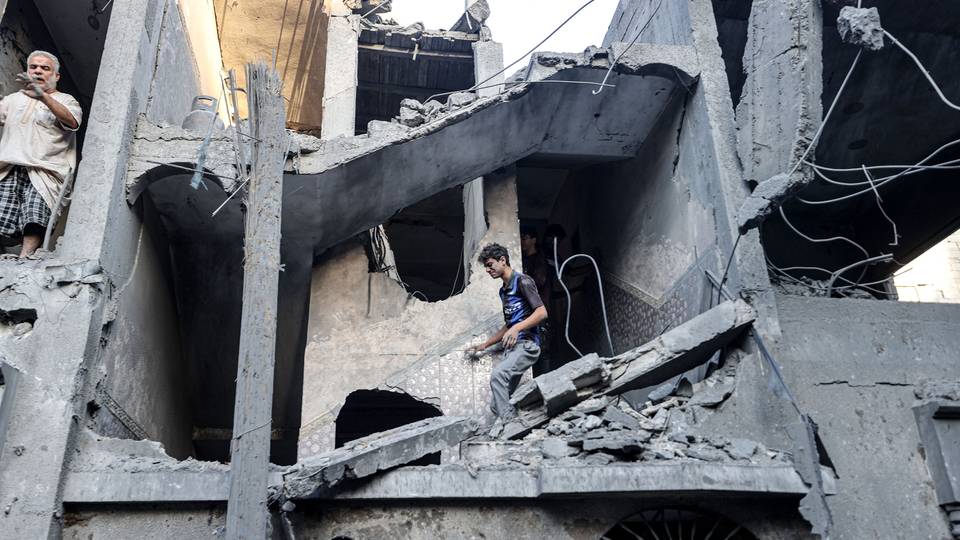
By Aaliyah Vayez
The 22nd of November marks the 46th day of the ongoing Israel-Hamas conflict which was initially sparked by a surprise attack conducted by Hamas on 7 October 2023.
With over 14,100 Palestinians having been killed, more than 27 000 injured and about 1.5 million Palestinians displaced, Israel’s ongoing blockade of Occupied Palestinian Territories and bombardment of the Gaza Strip has made a case for genocide and has resulted in one of the worst humanitarian crises the world has witnessed in recent years.
Beyond this, the escalation of violence has provided the world with a stark reminder of Israel’s decades-long illegal occupation of Palestine which has historically defied international and humanitarian law.
African Reactions to the Conflict
African countries have presented a mixed bag of official reactions to the events of 7 October which are arguably in line with their respective positions toward historical Israel-Palestine tensions.
Some countries expressed support for Israel’s right to self-defence, while other countries have more directly expressed their support for Palestinian self-determination and resistance of Israeli occupation.

There are, however, a few countries that have taken a rather neutral stance and maintained their calls for the prioritisation of human rights, the need for a ceasefire and referenced a two-state solution.
While these reactions are mixed, they are reflective of countries’ relationships with Israel and Palestine, their political and economic interests and their relations with countries, such as the United States, which have articulated their own stance on the conflict.
This has contributed to a polarised and politicised international landscape evident in recent statements made by country representatives at the United Nations (UN) regarding the terms of draft resolutions that have been tabled regarding the conflict.
Despite each resolution seeking to address the conflict, from the need for an immediate ceasefire to the prioritisation of humanitarian pauses, the bombardment of the Gaza Strip continues and, by extension, the erosion of the principles on which the international system prides itself – such as human rights, self-determination, and international law.
African Agenda for Peace
With first-hand experience of colonisation, humanitarian crises and reconciliation, African countries must be urged to do more than contribute to a polarising status quo or the diplomatic mainstream.
The increasing intensity of this conflict presents African countries with an immediate opportunity to be the driving force behind a bold new agenda for peace, one that fundamentally reinvigorates the collective conscience with a global recognition of human rights, international and humanitarian law, positive peace and self-determination.
Such an agenda requires a multi-levelled approach which begins with African countries calling for an immediate ceasefire in all Occupied Palestinian Territories.
At present, a ceasefire remains the most viable option to avert further loss of civilian life and humanitarian catastrophe.
While individual diplomatic statements by African nations can strengthen the call for a permanent ceasefire, it may be more effective if African countries emphasised their collective strength and consensus by using platforms such as the African Union, regional organisations, peace and security partnership and bi- or multilateral groupings.
Additionally, African countries can sponsor, table and vote for a resolution which calls for a ceasefire at the UN General Assembly.
After all, African countries make up the largest voting bloc and therefore have the potential to hold significant collective sway.

Calling for a ceasefire would both avoid reducing the conflict and address the polarising and politicised debate at the international level as well as emphasise the dire humanitarian crisis that has ensued and which can only be solved if Israel’s bombardment ceases.
This prompts a second element of a proposed agenda for peace - African countries must lead the way in providing and calling for sustained humanitarian aid to all Occupied Palestinian Territories, especially Gaza.
In doing so, African countries can bolster their international presence, enhance their credibility, and showcase their commitment to humanitarian values and upholding international human rights norms.
Furthermore, it is worth noting that the post-conflict rebuilding effort across Palestine will be massive and this provides African nations with the opportunity to commit resources, time and effort towards Palestinian rehabilitation.
Underscoring the aforementioned elements, the third is diplomatic pressure and preventive diplomacy.
African countries must consistently exert diplomatic pressure on key actors involved in the conflict in favour of achieving a ceasefire and empowering humanitarian aid efforts.
Diplomatic pressure may come in the form of consistent diplomatic statements, high-level engagement and official commitments to support mediation.
On the other hand, preventive diplomacy is especially relevant because there is increasing risk of total regional instability as neighbouring countries get involved in the conflict.
Both diplomatic pressure and preventive diplomacy may create conditions for mediation and a commitment to long-term peace and stability.
The final element is mediation. African countries should volunteer to mediate formal and inclusive talks between all actors in the conflict.
Mediation has long been established as a constructive platform for all involved parties to engage in meaningful dialogue under diplomatic guidance to gain, at least, a form of negative peace.

African countries experienced in mediation, post-conflict transitional justice and reconciliation may be best suited to offer mediation with the support of international organisations like the UN or existing peace and security architecture, such as the African Union Peace and Security Council.
In doing so, African countries can demonstrate to the international community that this conflict goes further than the two nations involved, or even the region – but rather that peace and reconciliation is in the interest of the entire international community, therefore mediation must be an effort to unite behind.
An African agenda for peace may be a crucial contribution to changing the course of the present conflict and upholding the values-based fibre of the international system that this conflict has put into question.
With the recent Israel's escalation of violence across Occupied Palestinian Territories and conducts a lethal ground operation, which has seen the Gaza Strip be targeted by land, air, and sea, the question is no longer about how the war will end but why it hasn’t yet - the time for action is now.
The author, Aaliyah Vayez, is a South African-born international relations specialist consulting in global regulatory and government affairs in London. She had represented South Africa in diplomacy and development at both national and international levels.
Disclaimer: The views expressed by the author do not necessarily reflect the opinions, viewpoints and editorial policies of TRT Afrika.
Comments
No comments Yet








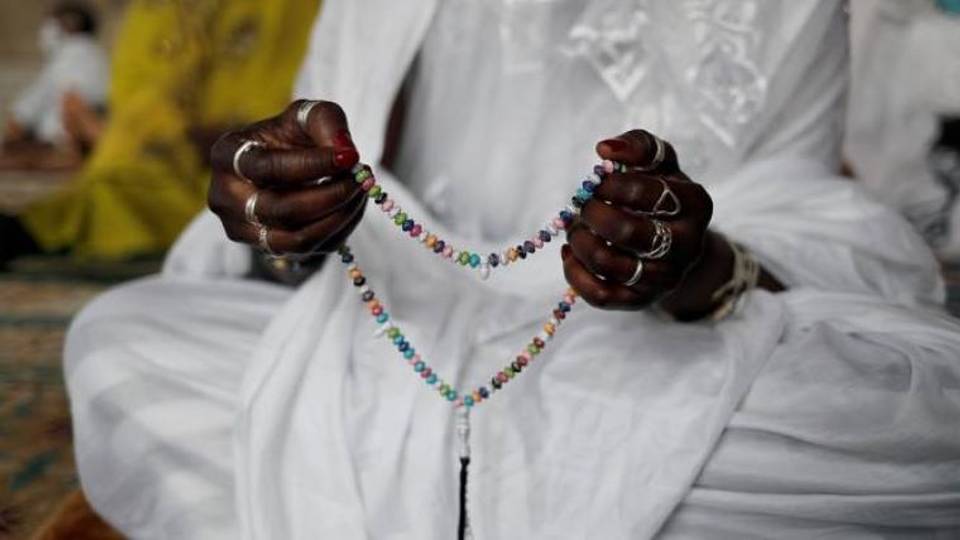
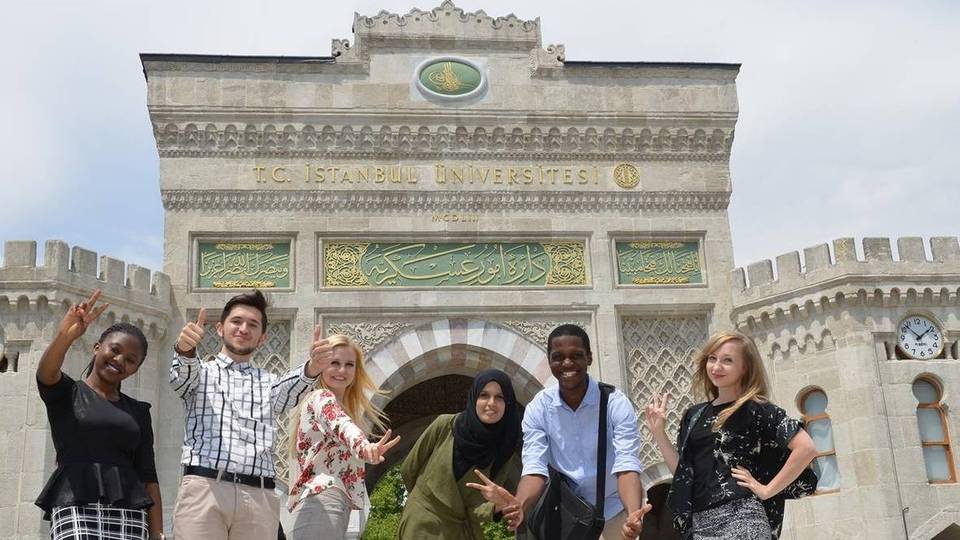
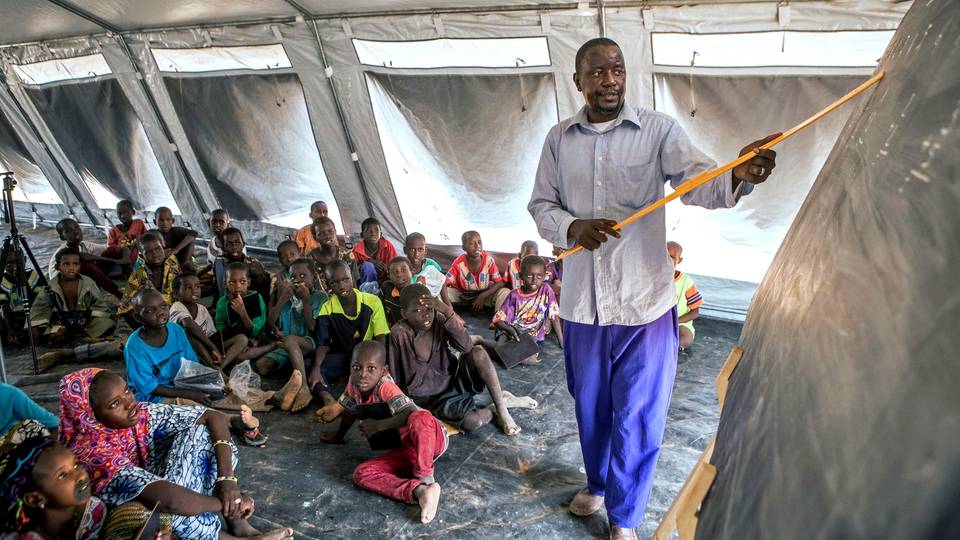
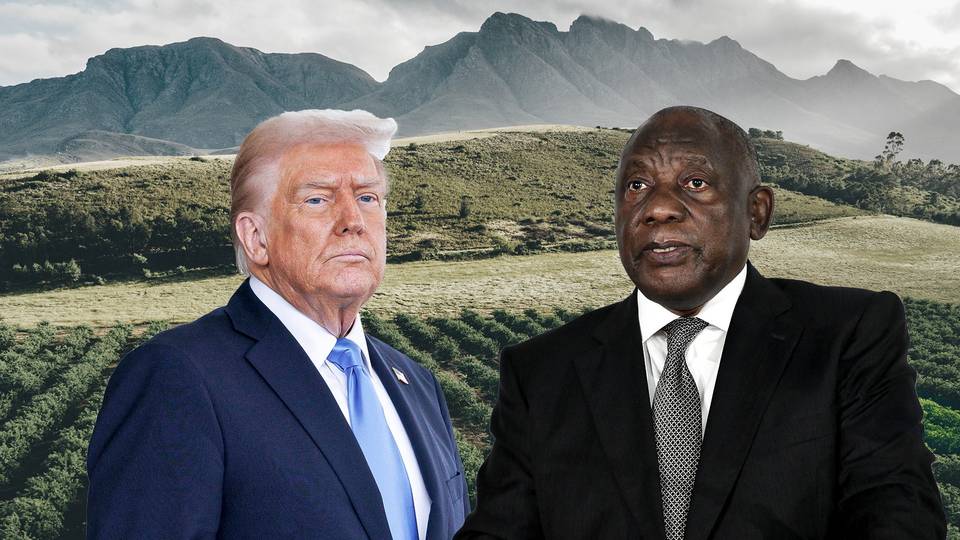








Comment